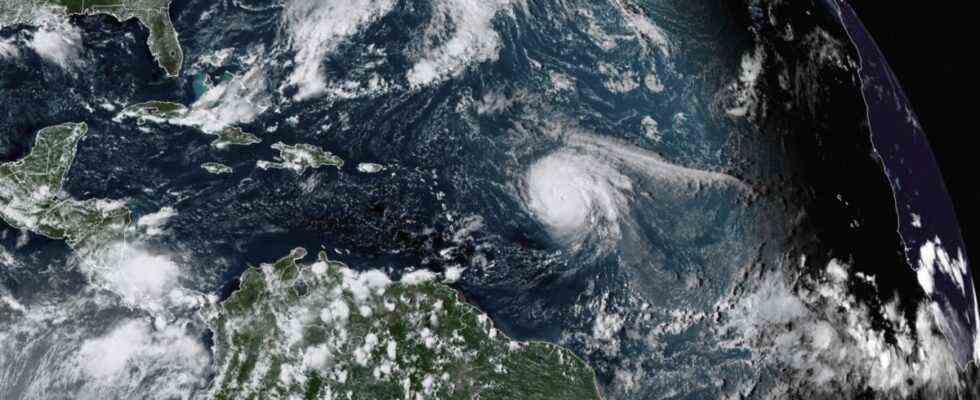The big bang was expected for Monday. On that day, the winners of the Nobel Prize for Medicine were announced in Stockholm – and everyone, including many SZ colleagues, had expected in advance that the corona vaccine research would receive an award. It turned out differently, instead of mRNA researchers, the discoverers of temperature and touch receptors were honored. The next day the Nobel Committee set a clear signal for this with the announcement of the Nobel Prize in Physics.
A quarter of the highest award in the field goes to two pioneers in climate research, the German Klaus Hasselmann and the native Japanese Syukuro “Suki” Manabe, who has lived in the USA since the 1950s (the third winner is the Italian Giorgio Parisi, who works at the La Sapienza University in Rome researches the physics of complex systems). In 1967, Manabe, together with the late Richard Wetherall, developed the first global climate model that quantifies the influence of carbon dioxide on the atmosphere: the earth heats up by 2.3 degrees Celsius when the content of this greenhouse gas doubles. Hasselmann built on these models and discovered some of the first signals of global warming in observation data (you can read about what the laureates have achieved in the text “The calculation of climate change” by Marlene Weiß).
The scientists have thus succeeded in bringing order out of chaos. After all, the weather fluctuates from day to day, from place to place on the planet, which makes reading out patterns extremely difficult. Difficult, but not impossible. With the award, the Nobel Committee is also sending the message that climate research rests on stable foundations: Yes, even if the weather changes constantly, it is possible to identify long-term trends and predict future warming. Giorgio Parisi confirmed this in a press conference after the announcement: Global warming is advancing, we shouldn’t hesitate any longer to stop it.
The climate models are now much more accurate than half a century ago, but such fundamental relationships between weather and climate are repeatedly called into question. When the onset of winter caused massive amounts of snow and record cold in the United States in early 2019, Donald Trump tweeted: “Wouldn’t be bad to have a bit of good ol ‘climate change right now.” And when heavy rain devastated western Germany this July, there was a debate for weeks about whether the individual event was due to climate change or not – although there is now good evidence that global warming makes such extreme events more frequent and more intense in the long term.
At the same time, short-term phenomena in particular still pose challenges for climate researchers. The new status report of the Intergovernmental Panel on Climate Change (IPCC) explicitly points out that at the local level there can also be opposing climate trends compared to global developments: in some places it could also get colder in the next few decades or, for example, snow more. It is assumed that the extraordinary cold snap in Texas this winter has to do with a weakened jet stream high wind, which caused arctic cold to pour into the southern United States. So there is still plenty of opportunity for Manabes and Hasselmann’s successors to bring order to the mess.

